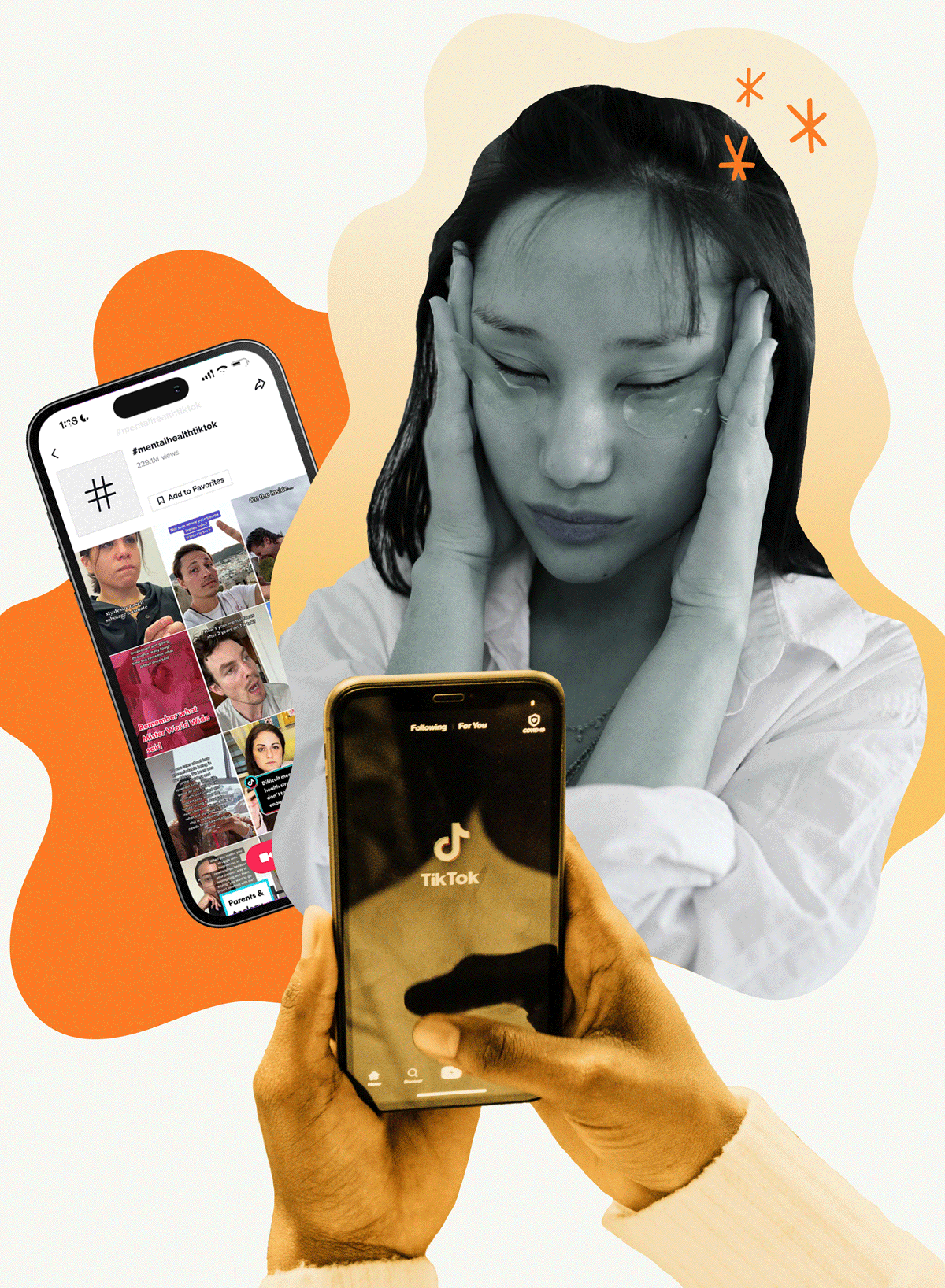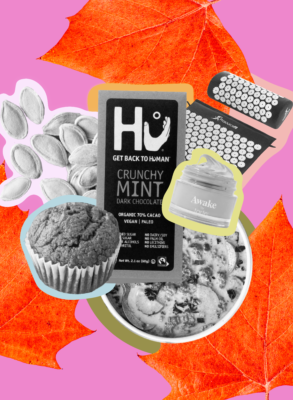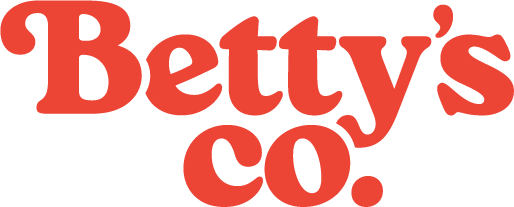Growing up a doctor’s kid, I heard many o’ protests about patients coming in for appointments, diagnosis already in hand, based on their 10-minute Google perusing of symptoms to find, aha! they have a rare! genetic condition! for which there is no cure!
But that was then, and this is now, where Gen-Z has taken their mental health to TikTok to find a diagnosis for everything from ADHD to anxiety. One of Betty’s counselors, Cassidy Tolopka, MA, LPC, agreed, noting a growing trend among Betties.
“Many Gen-Z clients I’ve seen in my private practice intimately relate and/or self-diagnose due to content they have seen in the mental health realm of TikTok for sure!”
…But is that such a bad thing? And how do you distinguish between what’s harmful and helpful mental health advice?
Why Betties are flocking to TikTok for mental health is no mystery. An explanation + prognosis + treatment all in a one-minute, bite-sized clip? Yes, please! Betties, we get why this might seem like the preferred and more efficient route than making a mental health appointment. For some who’ve felt symptoms dismissed by medical/mental health providers, TikTok’s one-way conversation can serve as a safe space to seek answers and community.
“For some Betties, having the label (of a diagnosis) helps them feel they can identify with something,” Tolopka said.
Like all social media platforms, TikTok’s got its share of bad actors serving up, at best, oversimplified solutions, and at worst, downright harmful prescriptive advice. So as you scroll, use these body-smart questions to vet the mental health advice thrown your way:
1. How are they qualified?
A quick scan of the bio should reveal a creator’s background and credentials (This list from NAMI is a great resource for deciphering those letters and licenses!). Understanding who is dishing out advice can put context around what they’re dishing out. Talking about mental health isn’t exclusive to those with a Ph.D., but Betties should look to separate clinical information from personal experience.“It’s a beautiful thing when mental health issues are shared and authentically conveyed,” said Tolopka. “But it’s important that a creator also conveys this as their own experience.”
2. Can this information be backed up?
TikTok is *literally* designed to keep you on the app, so pausing to fact-check may feel counterintuitive, but crucial for getting the facts. Take whatever nugget of knowledge off the Tok and verify.
3. What is the call to action?
If a creator is diagnosing online, promoting a product, or selling *the* “solution”, give that unfollow a quick tap tap. Mental health advice should always come with the caveat to seek a professional for a diagnosis/treatment.
As Dr. Dad would agree about its predecessor WebMD, TikTok poses itself to be a useful tool that could help connect the dots of symptoms and prompt you to hit up your provider. Betties, it’s when replacing the input of professionals with a swipe-friendly self-diagnosis that TikTok becomes a problem.
“It’s crucial we empower + educate Betties to seek out reputable sources,” Tolopka said. “Don’t take an influencer’s word for it because you vibe with them. Bring those questions + doubts and talk it out with your doctor/counselor.”







Join the conversation